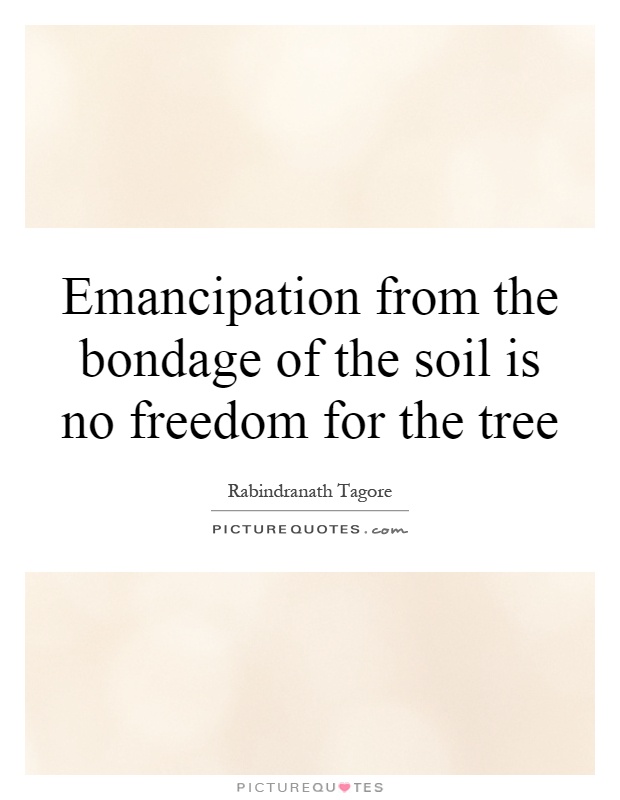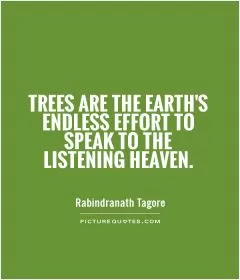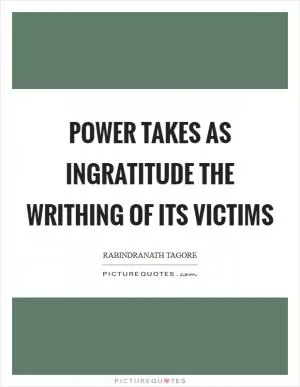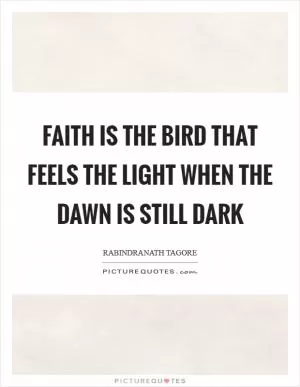Emancipation from the bondage of the soil is no freedom for the tree

Emancipation from the bondage of the soil is no freedom for the tree
Rabindranath Tagore, the renowned Indian poet, philosopher, and Nobel laureate, often explored themes of freedom, nature, and spirituality in his works. One of his famous quotes, "Emancipation from the bondage of the soil is no freedom for the tree," encapsulates his deep understanding of the interconnectedness between humans and nature.In this profound statement, Tagore highlights the importance of roots and connections to one's origins. Just as a tree cannot thrive if uprooted from the soil that nourishes it, humans too cannot truly be free if they are disconnected from their roots, culture, and heritage. Tagore believed that true freedom comes from embracing one's identity and staying grounded in one's values and traditions.
For Tagore, the soil symbolizes not just physical land but also the cultural, spiritual, and emotional ties that bind individuals to their communities and ancestors. He believed that these connections are essential for personal growth, resilience, and a sense of belonging. Without them, individuals risk losing their sense of purpose and direction, much like a tree that withers when removed from its natural environment.
Furthermore, Tagore's quote can be interpreted as a critique of modernity and industrialization, which often lead to the alienation of individuals from nature and their own humanity. In a world driven by materialism and consumerism, people are increasingly disconnected from the natural world and their own inner selves. This disconnection can lead to feelings of emptiness, loneliness, and existential despair.












 Friendship Quotes
Friendship Quotes Love Quotes
Love Quotes Life Quotes
Life Quotes Funny Quotes
Funny Quotes Motivational Quotes
Motivational Quotes Inspirational Quotes
Inspirational Quotes